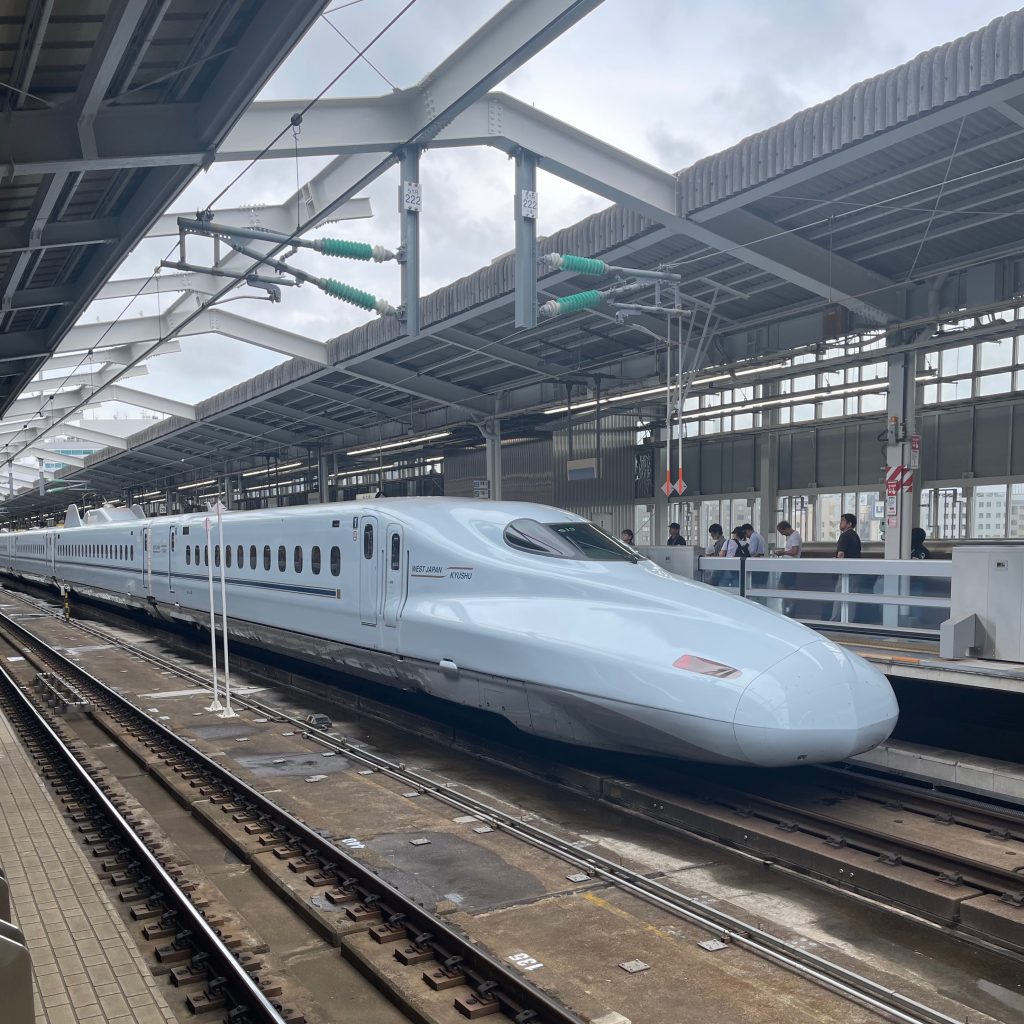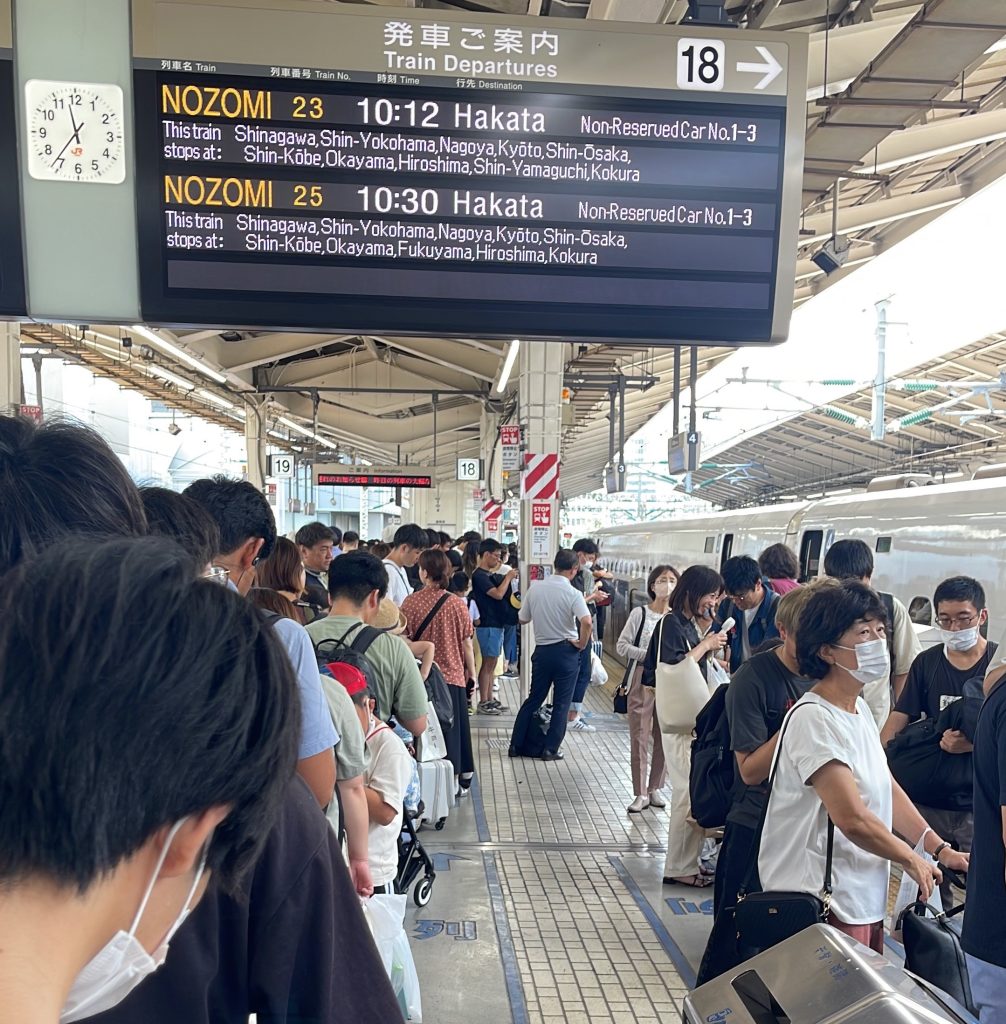Japan, known for its enchanting cherry blossoms and captivating sumo matches, offers visitors more than just visual delight. It presents a vivid tapestry of precision, tradition, and innovation. During my recent voyage, this tapestry unfurled in various forms, particularly shining through in the nation’s extraordinary work ethos.
1. The Airport Ballet:
Airports, often chaotic elsewhere, transform into stages of coordinated ballet in Japan. As airplanes taxi into their designated bays, a spectacle unfolds. Crews stand poised, equipment readied, and the moment the airplane halts, there’s an eruption of synchronized activity. Every staff member, every piece of machinery has a defined role, and they execute it with a precision that’s breathtaking to witness. It’s reminiscent of a well-practiced orchestra—each instrument crucial, each note essential. It’s not just functional efficiency; it’s a visual treat, a testament to what meticulous planning and training can achieve.
2. A Testament to Punctuality:
The very backbone of Japan’s efficiency is its punctuality. The Shinkansen, also known as the bullet train, stands as a shining emblem of this trait. Not only does it traverse vast distances at astonishing speeds, but it also embodies punctuality, seldom veering off its exacting schedule by even a minute. Further, punctuality isn’t reserved for the railways. It permeates every facet of Japanese life. Whether attending a formal business meeting or a casual gathering, punctuality is a reflection of deep-seated respect for one’s own time and, more importantly, that of others. This regard for time ensures seamless transitions, meetings that start and end as planned, and a general rhythm that feels both organic and structured.

3. Embracing Kaizen:
Japan’s commitment to ‘Kaizen’, or continuous improvement, isn’t just a corporate buzzword—it’s a societal mantra. From the largest technological conglomerates to the small family-owned businesses, there’s an ingrained mindset of seeking constant betterment. The manifestation of ‘Kaizen’ is evident in the iterative innovations in products, the frequent reviews of service protocols, and the never-ending quest to eliminate wasteful practices. It’s a philosophy that propels Japan forward, ensuring that they not only meet but often set global standards.
4. The Collective Over the Individual:
At the heart of Japanese work culture lies a foundational principle: the group’s welfare precedes individual desires. This is palpable right from morning corporate exercises, a practice where employees engage in group physical activity, fostering a sense of unity and shared purpose. The emphasis on collective success ensures that every team member feels integral to the project. This results in shared responsibilities, collaborative problem-solving, and a cohesive approach to challenges, making the journey as important as the destination.
5. A Balanced Resourcefulness:
Japan’s island geography has historically made resources precious. This has nurtured a culture of optimizing every available resource. Modern workplaces in Japan embody this spirit, ensuring that every material, every minute, and every skill is employed to its utmost potential. Whether it’s the meticulous design of compact office spaces or the sustainable practices embedded in daily operations, there’s a palpable reverence for resources. This ensures not just efficiency but sustainability, making Japanese businesses models of green efficiency.
6. Melding Tech with Touch:
Japan stands at the forefront of technological innovation. Yet, they masterfully ensure that technological advancements enhance rather than replace the human touch. In workplaces, while automation aids efficiency, human interactions bring warmth and understanding. This delicate balance ensures that businesses don’t just operate efficiently but also resonate on a personal level with their stakeholders. Whether it’s a robot-assisted hotel reception or an AI-driven customer support line, there’s always a human element close at hand, ready to intervene, personalize, and empathize.
7. Redefining Work-Life Dynamics:
Contrary to the age-old stereotype of relentless Japanese work hours, there’s an ongoing transformation. Companies are increasingly championing the cause of work-life balance, realizing that rested employees are more productive and creative. Initiatives promoting shorter work hours, extended leaves, and holistic wellness are gaining momentum. This pivot towards balanced professional life ensures not just the well-being of employees but also fosters an environment where creativity and efficiency thrive side by side.

Japan’s commitment to precision, collective spirit, and continuous improvement isn’t just a cultural aesthetic; it’s a blueprint for operational excellence that businesses and individuals worldwide can learn from. The harmony between technology and touch, the respect for resources, and the synchrony of teamwork all serve as reminders that efficiency isn’t just about speed—it’s about purpose, respect, and vision. As we reflect on these lessons from Japan, it becomes clear that there is a wealth of insights to be integrated into our own practices and lifestyles. Let’s challenge ourselves to adopt some of these principles, embracing a path of intentional growth and efficiency. Are you ready to embark on this journey of transformation? Let’s get started.



